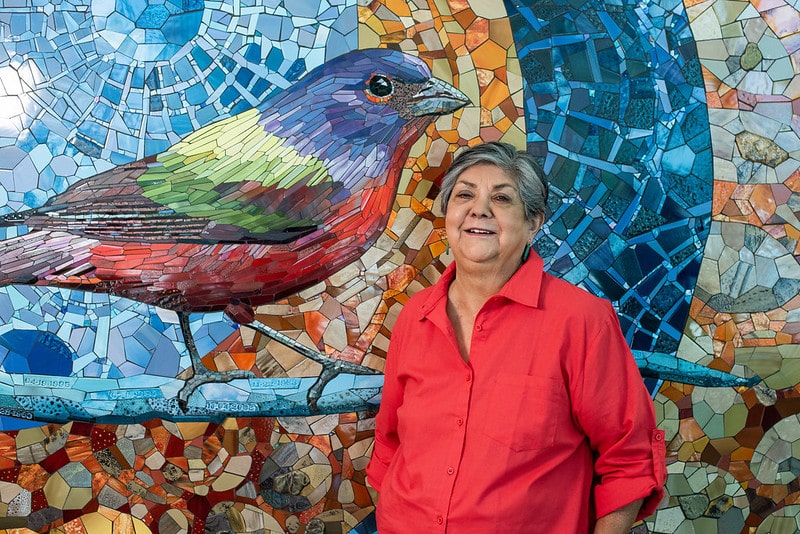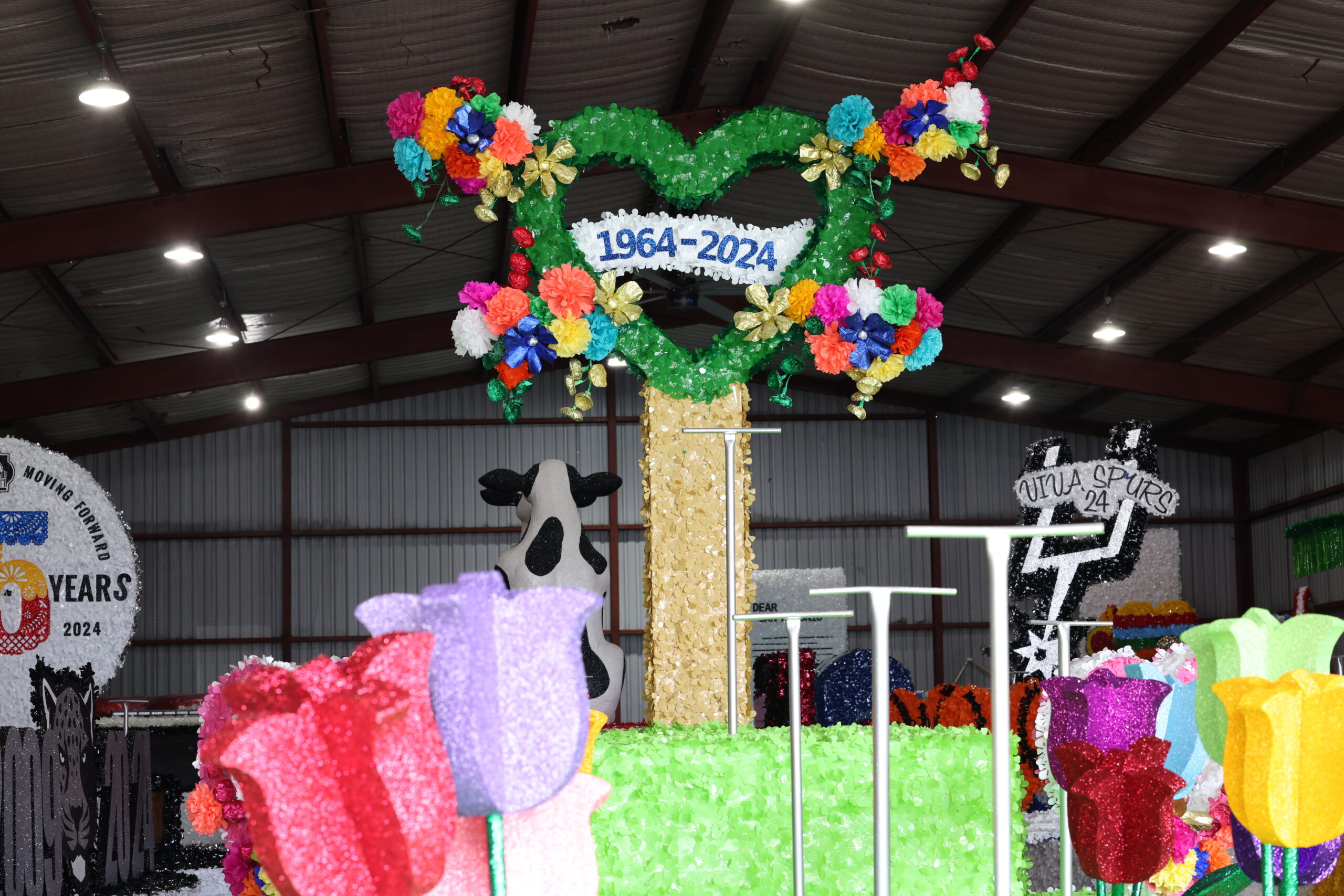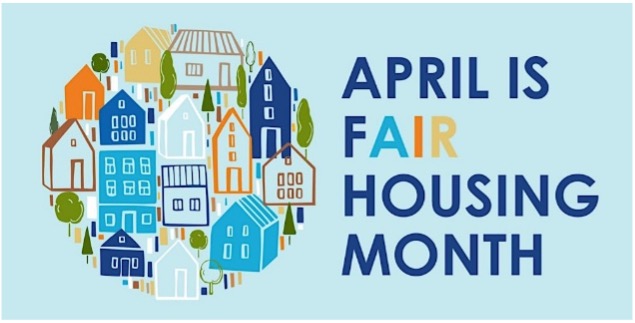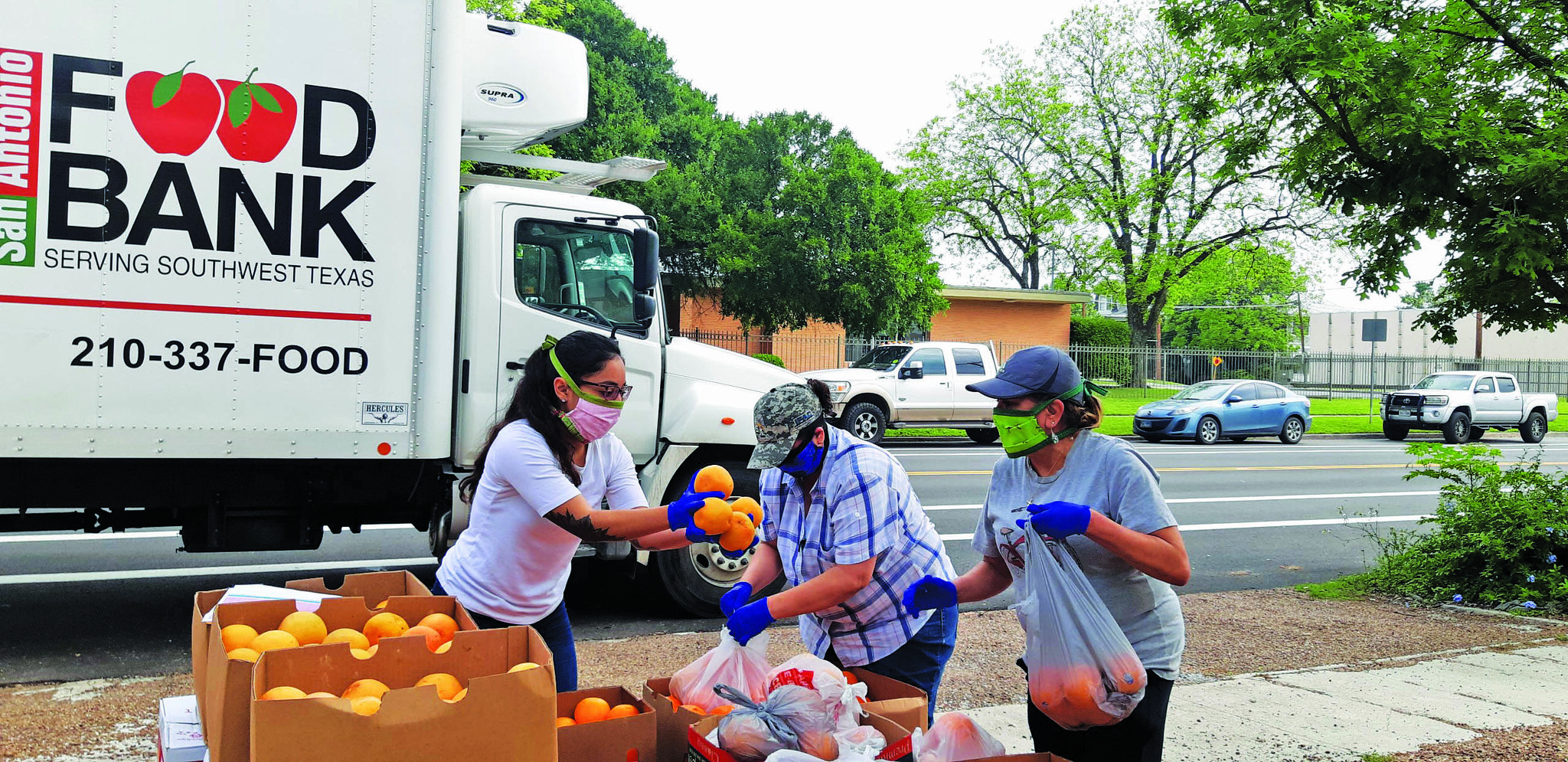Please note: Our office will close at 2 p.m. on Thursday, April 25 and remain closed through Friday, April 26. Happy Fiesta!
WE SERVE AS YOUR
We grow your donations to ensure that together we continue supporting your favorite causes for decades to come.
We are San Antonio’s philanthropic foundation. We provide a simple, highly personal and community-oriented approach to giving with deep intent about making our city a truly equitable place to live for all of us, no matter which zip code we hail from.


Thousands of people in the San Antonio region have seen their lives and chances at success improve thanks to our investment in community nonprofits. Learn about the stories of some of these names and faces below.






























Our calendar keeps you informed about upcoming trainings, events, grant opportunities and workshops.
We connect donors, families and businesses to nonprofits and students through more than 500 charitable funds and $1.1 billion in assets.
We are working towards a San Antonio where everyone has the opportunity to thrive, no matter their background. You can help us achieve this goal and change lives by opening a charitable fund or by leaving a gift in your estate plans.
San Antonio Area Foundation supports nonprofits with grants, strengthens nonprofits with a variety of capacity building services and sustains organizations with financial tools.
Achieve your educational dreams with scholarships from our generous donors.
The San Antonio Area Foundation provides a variety of customizable services. Our professional philanthropic advisors help you develop the perfect program to align with your company’s mission and vision.